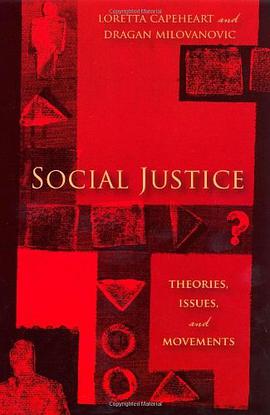

具体描述
Saitta examines historical archaeology's success in reconstructing collective social action in the past and considers the implications of these reconstructions for society today. Recognizing that studies of the past can serve different social interests, creating knowledge that can be used to oppress or emancipate elements of society, Saitta argues that historical archaeology needs to move beyond its emphasis on recovering the individual to acknowledging and asserting its power to effect social change.Developing a theoretical and methodological approach to the archaeology of collective action, Saitta reviews some of the progress archaeologists have made in illuminating race-, gender-, and class-based forms of collective action in shaping the American experience. He then provides a case study illustrating the methods and insights archaeology brings to research on the Ludlow Massacre and the Colorado Coalfield Strike of 1913-14. Throughout, Saitta frames key issues and definitions in a clear, accessible style and offers compelling and persuasive arguments for the epistemological reorientation of the discipline of historical archaeology.Notably, the book makes explicit the tie between the archaeological past and the political present. Excavations of the strikers' tent colony site at Ludlow, Colorado, provided novel insights into the survival tactics and resistance strategies of ordinary people locked in struggle with state and corporate power. The site became a powerful living memorial, resonating in contemporary labor struggles. Saitta's book will thus have special interest for the audience of scholars, students, and citizens who see archaeology as both a source of historical truth and a comment on the contemporary human condition.
作者简介
目录信息
读后感
评分
评分
评分
评分
用户评价
相关图书
本站所有内容均为互联网搜索引擎提供的公开搜索信息,本站不存储任何数据与内容,任何内容与数据均与本站无关,如有需要请联系相关搜索引擎包括但不限于百度,google,bing,sogou 等
© 2026 book.wenda123.org All Rights Reserved. 图书目录大全 版权所有




















